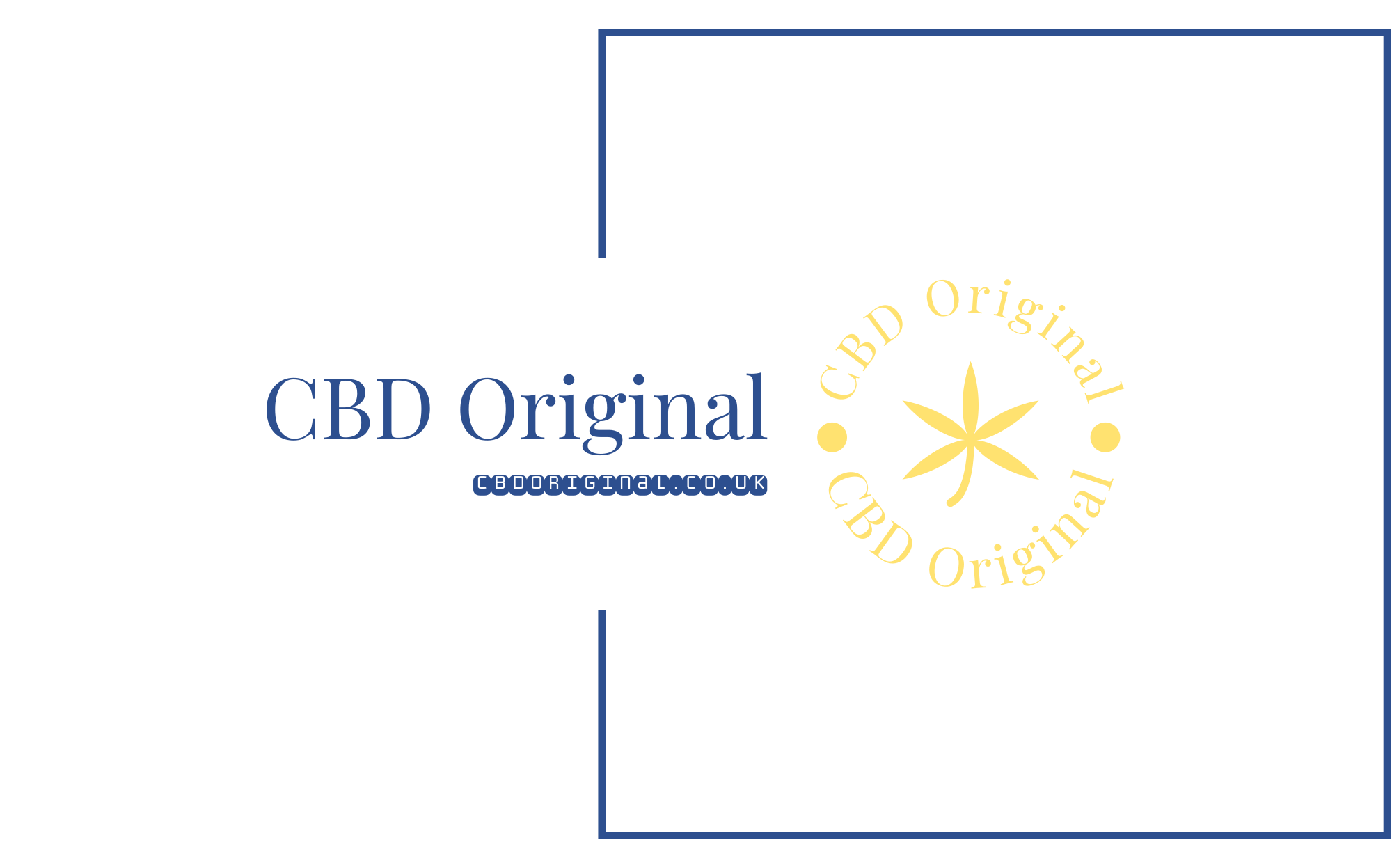Discover Dermal Filler Advantages at It’s Me and You Clinic Finding the Right Fit Initial Consultation Finding the right *fit*…
In recent years, nootropics have emerged as a hot topic in both the scientific community and popular media. Often referred to as “smart drugs” or “cognitive enhancers,” nootropics are substances that are believed to improve cognitive function, particularly executive functions, memory, creativity, or motivation, in healthy individuals. One of the most compelling areas of nootropic research is their potential role in neuroprotection. This guide will delve into the intricate world of nootropics, exploring their impact on brain health and neuroprotection.
What Are Nootropics?
Nootropics are a broad category of substances that include pharmaceuticals, supplements, and other compounds purported to enhance cognitive function. The term “nootropic” was first coined by Dr. Corneliu E. Giurgea in the 1970s, who defined these substances by their ability to improve cognitive function without causing significant side effects or toxicity.
Nootropics can be classified into several categories, including:
- Prescription Nootropics: These are drugs prescribed for medical conditions that also have cognitive-enhancing effects. Examples include Adderall (amphetamine) and Modafinil.
- Over-the-Counter (OTC) Nootropics: These are supplements available without a prescription, such as caffeine, L-theanine, and various herbal extracts.
- Natural Nootropics: These are compounds found in nature with potential cognitive benefits, including ginkgo biloba and Bacopa monnieri.
The Science Behind Nootropics and Neuroprotection
Neuroprotection refers to the mechanisms and strategies used to protect the nervous system from injury or degeneration. Nootropics are believed to contribute to neuroprotection through various pathways:
1. Oxidative Stress Reduction
Oxidative stress occurs when there’s an imbalance between free radicals and antioxidants in the body, leading to cellular damage. Several nootropics have antioxidant properties that help combat oxidative stress. For instance, N-acetylcysteine (NAC) is known for its ability to boost glutathione levels, a potent antioxidant.
2. Inflammation Modulation
Chronic inflammation is a contributing factor to neurodegenerative diseases. Nootropics such as Curcumin (found in turmeric) have anti-inflammatory properties that may help reduce neuroinflammation, potentially protecting the brain from damage.
3. Neurogenesis Promotion
Neurogenesis is the process of generating new neurons in the brain. Lion’s Mane Mushroom, a popular nootropic, has been shown to stimulate the production of nerve growth factor (NGF), which is crucial for the growth and maintenance of neurons.
4. Neurotransmitter Balance
Nootropics can influence neurotransmitter levels, which play a critical role in cognitive function. Modafinil, for example, affects dopamine and norepinephrine levels, which can enhance wakefulness and cognitive performance.
5. Cerebral Blood Flow Improvement
Improved blood flow to the brain ensures that neurons receive adequate oxygen and nutrients. Ginkgo biloba is a nootropic known for its ability to enhance cerebral circulation, which may contribute to better cognitive function and neuroprotection.
Popular Nootropics and Their Neuroprotective Effects
1. Caffeine
Caffeine is one of the most widely used nootropics. It works by blocking adenosine receptors in the brain, which helps to increase alertness and cognitive function. Caffeine has also been shown to have neuroprotective effects by reducing the risk of neurodegenerative diseases like Alzheimer’s.
2. L-Theanine
Often taken in combination with caffeine, L-theanine is an amino acid found in green tea. It promotes relaxation without sedation and has been shown to improve cognitive performance and attention. L-Theanine may also help in reducing the cognitive decline associated with aging.
3. Bacopa Monnieri
Bacopa monnieri is an herb used in traditional medicine that has been found to improve memory and cognitive function. It contains compounds called bacosides, which are believed to enhance neurogenesis and protect neurons from damage.
4. Ginkgo Biloba
Ginkgo biloba is another well-known nootropic. It has been used for centuries in traditional medicine and is known for its potential to improve memory and cognitive function. Its effects are attributed to its ability to increase blood flow to the brain and its antioxidant properties.
5. Rhodiola Rosea
Rhodiola rosea is an adaptogen that helps the body adapt to stress. It is believed to enhance cognitive function by reducing fatigue and improving mood. Rhodiola also has antioxidant properties that may contribute to neuroprotection.
6. Lion’s Mane Mushroom
Lion’s Mane Mushroom is a unique nootropic with a focus on neurogenesis. It has been shown to support cognitive function and mental clarity, and its potential neuroprotective benefits are linked to its ability to promote nerve growth factor production.
Benefits and Risks of Using Nootropics
Benefits
- Enhanced Cognitive Function: Many nootropics are associated with improvements in memory, focus, and learning.
- Increased Mental Clarity: Nootropics can help clear brain fog and enhance mental performance.
- Reduced Anxiety and Stress: Some nootropics, like L-theanine and Rhodiola rosea, can help manage stress and anxiety, contributing to overall cognitive well-being.
Risks
- Side Effects: Some nootropics, especially prescription ones, can have side effects such as insomnia, increased heart rate, or dependency issues.
- Lack of Regulation: Many nootropic supplements are not well-regulated, which can lead to issues with purity and efficacy.
- Interactions with Other Medications: Nootropics may interact with other medications, leading to potential health risks.
Frequently Asked Questions
What are nootropics, and how do they work?
Nootropics are substances that may enhance cognitive function, such as memory, focus, and creativity. They work through various mechanisms, including influencing neurotransmitter levels, reducing oxidative stress, and improving cerebral blood flow.
Are nootropics safe to use?
The safety of nootropics varies depending on the substance. While some nootropics are generally considered safe when used appropriately, others, particularly prescription nootropics, can have significant side effects or interactions with other medications.
Can nootropics help with neuroprotection?
Yes, certain nootropics have been shown to offer neuroprotective benefits by reducing oxidative stress, inflammation, and promoting neurogenesis. However, the extent of their effectiveness and safety for long-term use is still an area of ongoing research.
What are the most common nootropics for neuroprotection?
Popular nootropics with neuroprotective properties include Lion’s Mane Mushroom, Ginkgo Biloba, Bacopa Monnieri, and Curcumin. These substances are known for their potential to protect neurons and support cognitive function.
How do I choose the right nootropic for me?
Choosing the right nootropic depends on your individual needs and goals. It’s essential to consider factors such as the specific cognitive functions you wish to enhance, any underlying health conditions, and potential interactions with other medications. Consulting with a healthcare professional can help guide your decision.
Are there any natural nootropics?
Yes, several natural nootropics include Ginkgo Biloba, Bacopa Monnieri, Lion’s Mane Mushroom, and Rhodiola Rosea. These substances are derived from plants and have been used traditionally to support cognitive health.
Can nootropics improve memory?
Certain nootropics, such as Bacopa Monnieri and Lion’s Mane Mushroom, have been associated with improvements in memory and cognitive function. However, the effectiveness of these substances can vary from person to person.
Are nootropics effective for everyone?
Nootropic effectiveness can vary among individuals. While some people may experience significant cognitive benefits, others might see minimal or no effects. Individual response can be influenced by factors such as genetics, lifestyle, and overall health.
What are the potential side effects of nootropics?
Potential side effects of nootropics depend on the specific substance. Common side effects can include insomnia, headaches, digestive issues, or increased anxiety. Prescription nootropics may have more severe side effects and should be used under medical supervision.
How can I ensure I am using nootropics safely?
To use nootropics safely, start with lower doses to assess your tolerance, choose high-quality products from reputable sources, and consult with a healthcare professional, especially if you have existing health conditions or are taking other medications.
Conclusion
Nootropics hold significant promise for enhancing cognitive function and providing neuroprotection. Their ability to reduce oxidative stress, modulate inflammation, promote neurogenesis, and improve cerebral blood flow makes them a valuable area of research. However, while many nootropics show potential benefits, it’s essential to approach their use with caution and under the guidance of a healthcare professional. The science behind nootropics is continually evolving, and ongoing research will further elucidate their role in neuroprotection and overall cognitive health.
- New Patient Treatment Near Effingham, Surrey - May 8, 2025
- Downturned Smile Treatment Near West Horsley, Surrey - May 7, 2025
- How Do You Fill A Crease In Your Chin? - May 7, 2025



